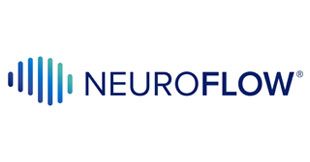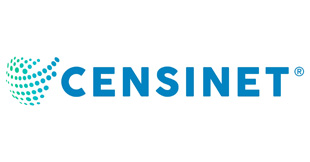Healthcare software startup Olive has found its sweet spot in automating healthcare administrative tasks using artificial intelligence.
On the heels of a $51 million funding round in March, the company just secured $106 million in financing led by an equity investment from General Catalyst and Drive Capital along with Ascension Ventures, Oak HC/FT and SVB Capital.
Olive has raised over $220 million to date.
Olive’s AI-enabled robotic process automation solution has been adopted by over 600 hospitals, including 22% of the top 100 health systems in the country, according to the company. The company refers to its solution as a “digital employee.” Olive is now generating the work output of about 10,000 full-time employees, according to Olive CEO Sean Lane.
Olive has seen accelerated growth during the pandemic driven by hospitals’ urgent need for administrative efficiency as they navigate the public health crisis.
“As we are growing faster, we wanted to bring in additional capital so we could increase our spend around R&D to build new products and grow our footprint across healthcare providers,” Lane told Fierce Healthcare.
The COVID-19 pandemic has only increased the need for automation solutions, Lane said.
“A lot of the critical infrastructure tasks at health systems are performed by humans, and these are ‘keep the lights on’-type tasks such as submitting claims and dealing with insurance. There has been a lot of disruption from people not being able to show up to work, and that creates a huge backlog,” Lane said. “Olive was a very clear alternative for health systems to get back online and have a reliable infrastructure so that tasks could be complete.”
Olive is investing in scaling up on-site AI command centers at hospitals, called AlphaSites, with plans to build 66 sites by the end of 2021. These command centers rapidly deploy and manage AI workers. Located at large health systems, AlphaSites feature 2,000-square-foot rooms with 20-foot LED data visualization wall displays.
The company embeds its own team members at these sites to help health systems build out automation projects, Lane said.
“We want our customers to be able to walk in and see exactly the value we generate for them. It puts a long-term stamp on the relationship. We’re in this for the long haul. We’re building customers for 30 years not one-year customers,” he said.
Lane and his team first deployed Olive in 2017 with the idea to tackle the high-volume, repetitive and manual tasks healthcare workers do every day—tasks like prior authorization and benefits verification—but faster and more accurately.
Yale New Haven Health System in Connecticut is working with Olive to automate the data entry process for COVID-19 testing orders.
“As doctors write orders for patients to get tested for COVID-19, right now those orders are coming in from community providers; some are handwritten, and it requires people in our hospitals to review those and enter them into the system. That’s causing unnecessary delays,” said Lisa Stump, Yale New Haven Health System’s chief information officer and senior vice president of information systems.
The health system currently uses Olive’s technology to automate and streamline revenue cycle management processes, what Stump referred to as the “low-hanging fruit” to pilot AI and automation technologies.
“We’re just starting to scratch the surface right now, and we plan to work with Olive more going forward,” she said.
Olive works as an extension of an organization’s human workforce to automate tasks across departments such as revenue cycle, information technology, supply chain, clinical administration and human resources.
The company plans to expand its platform to assist hospital workers in other departments as well, Lane said. “We’re focused on helping the workers inside of the health system do their jobs better, so basically that is Olive working side-by-side with humans to give them the data they need and the tools they need to be efficient, to create ‘super’ human workers,” he said.




